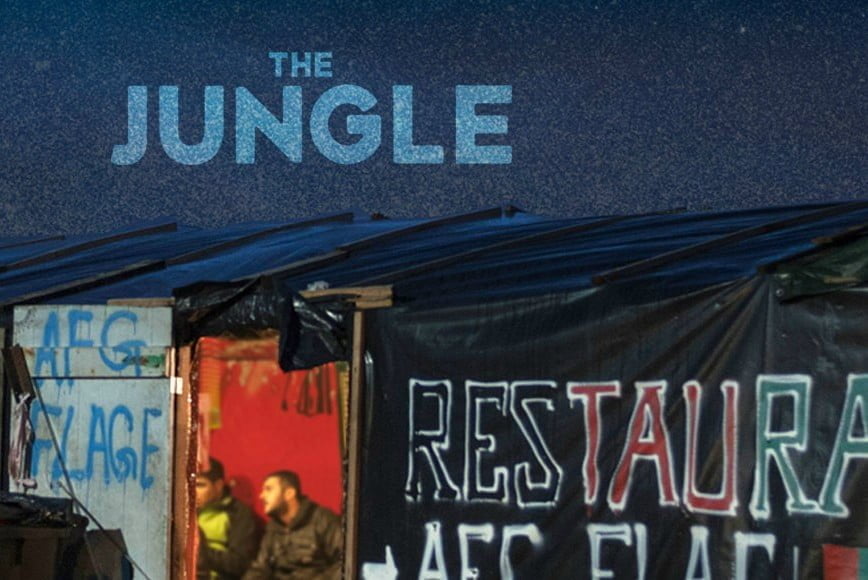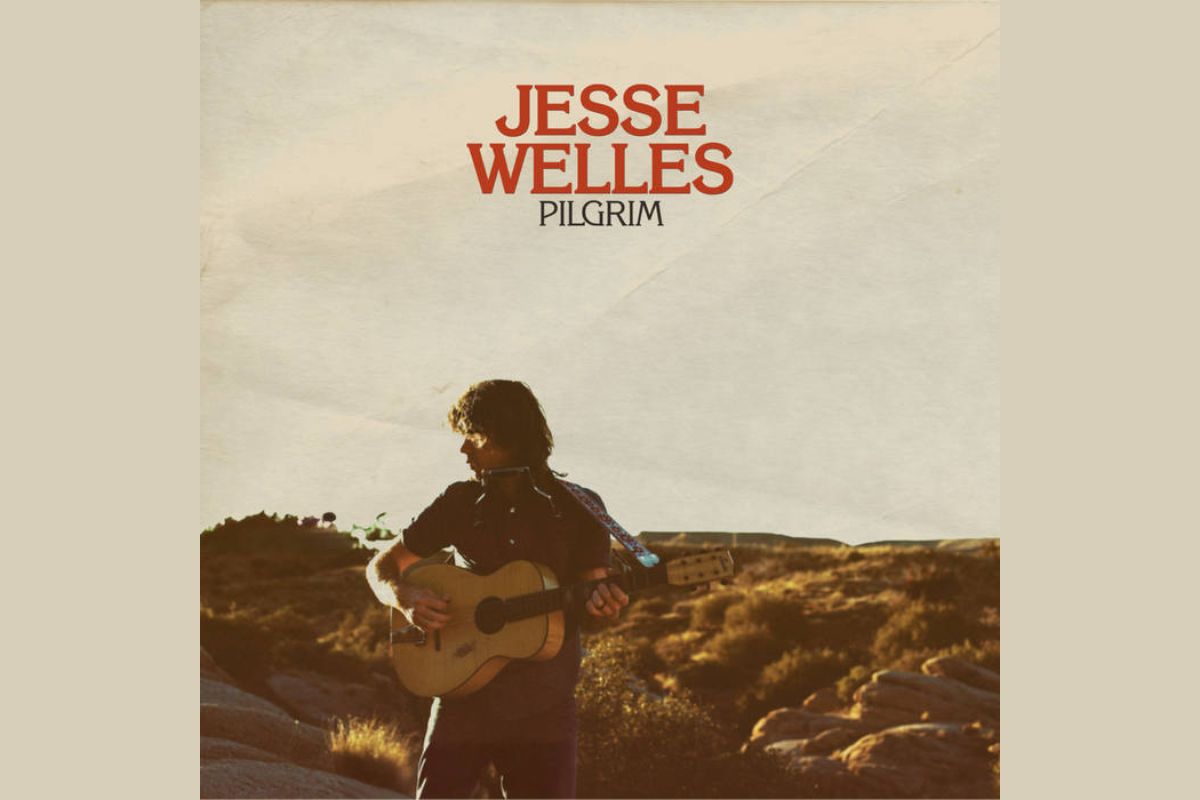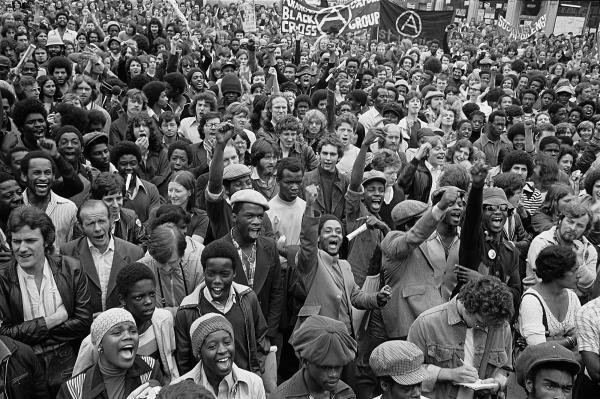Adam Booth reviews The Jungle, a moving but devastating play that depicts events at the Calais refugee camp – once home to thousands of migrants fleeing the horrors of war and poverty.
“A jungle is for animals. We are human beings.” These are the words of Salar, an Afghan refugee-turned-restaurant owner, responding to the news from British volunteers that the temporary Calais migrant camp has earnt itself an informal name back in the UK: the Jungle.
Salar (stirringly played by Ben Turner) may be fictional, but the horrific story that he and the other characters of The Jungle portray is all too real. From Salfi – the amicable but deeply troubled Syrian narrator – to Okot – a Sudanese refugee with a gut-wrenching account of his barbaric boat journey across the Mediterranean: all of the figures in this new play about life in the Calais Jungle paint a vivid and visceral picture of the trauma and devastation of the refugee crisis.
Fleeing capitalism’s “horror without end”
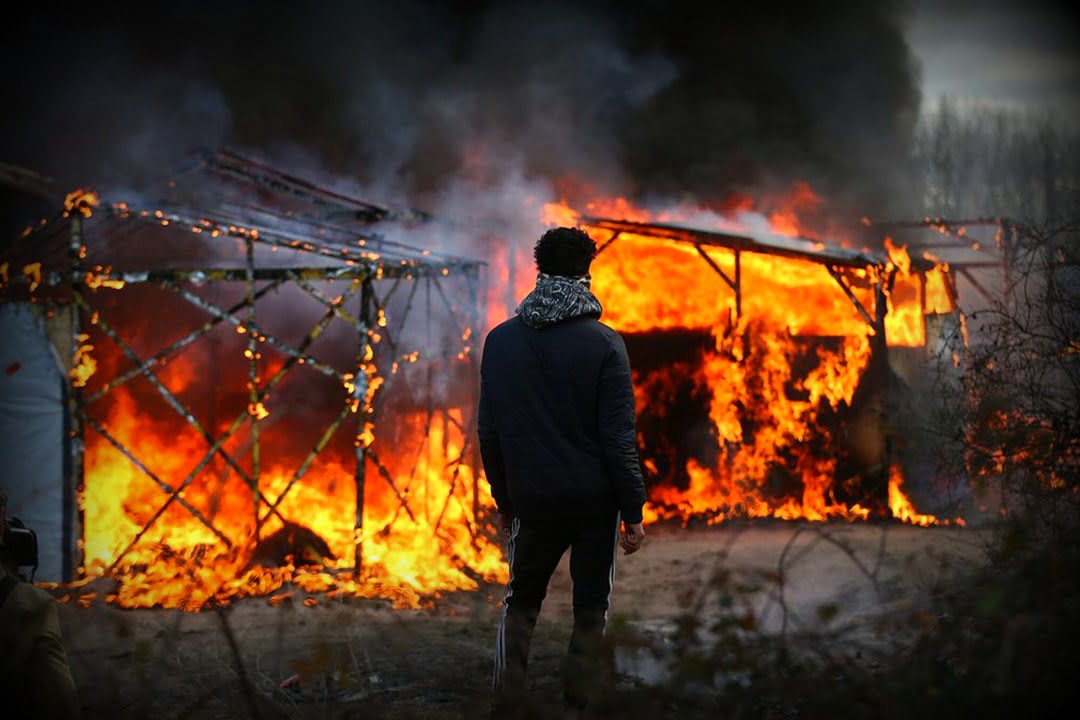 The play, a co-production by the Young Vic, the National Theatre, and the Good Chance theatre company (founded and run in the Calais camp by the writers, Joe Murphy and Joe Robertson), begins at the end, dramatically depicting the forced eviction and destruction of the Jungle by the French authorities.
The play, a co-production by the Young Vic, the National Theatre, and the Good Chance theatre company (founded and run in the Calais camp by the writers, Joe Murphy and Joe Robertson), begins at the end, dramatically depicting the forced eviction and destruction of the Jungle by the French authorities.
But the audience is quickly whisked back to the start, over a year earlier, as a wave of refugees from across the world arrive at the unoccupied and derelict site, waiting and hoping for a chance to cross over into the UK. Escaping war, famine, and persecution back home, the migrants quickly begin turning the land into a temporary home, building accommodation, services, and even a restaurant – the Afghan flag – where the play is immersively set.
The audience sees the refugees of various nationalities – from Kurdistan and Afghanistan, to Sudan and Eritrea – all staking their claims early on to territory for their compatriots in the camp. Separated by hundreds of miles of land and sea back home, the Jungle’s occupants now suddenly find themselves face-to-face in the microcosm of the camp, forced to cooperate and collectively manage this new town of thousands.
Neglected by the capitalist state
The ingenuity and resourcefulness of the refugees is shown in stark contrast to the passivity of the authorities. State officials display nothing but contempt and callous disregard towards the camp’s occupants. (Theresa May, home secretary at the time, rightly earns the ire of the British volunteers.) The UN and EU are both called out for their impotence and hypocrisy. And multinational NGOs are attacked for neglecting the Calais Jungle, due to its unofficial status. “Save the Children,” one of the fictional volunteers notes, “are doing anything but”.
International laws are ignored by the French and British governments at their convenience. Human rights are shown to be toothless. Nobody in power, it seems, is willing to stop this humanitarian disaster. Instead, the refugees can rely only on their own organisation and efforts, and on the solidarity of the international community.
Voluntourism
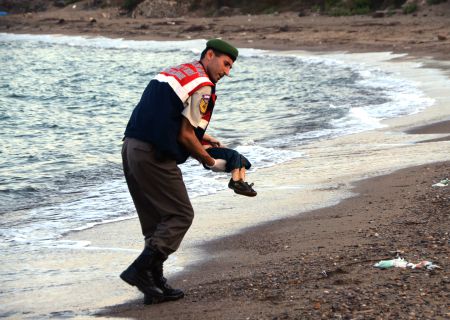 Then arrive the do-gooders: a floodtide of altruistic but hopelessly naive middle class types. They come to Calais in response to the macabre image of the still body of Alan Kurdi, the three-year-old Syrian boy who was photographed lying dead on a beach in September 2015 following a failed boat trip from Turkey to Greece.
Then arrive the do-gooders: a floodtide of altruistic but hopelessly naive middle class types. They come to Calais in response to the macabre image of the still body of Alan Kurdi, the three-year-old Syrian boy who was photographed lying dead on a beach in September 2015 following a failed boat trip from Turkey to Greece.
“It’s like Glastonbury without the toilets,” quips the Etonian Sam, recording his ‘voluntourism’ via a selfie-stick-held mobile. Armed initially only with noble aspirations and idealistic enthusiasm, these well-meaning Brits quickly transform as they hit up against the hard wall of reality. In time, their experiences change and shape them; by the end, they are fighting shoulder-to-shoulder with the refugees, defending the camp’s restaurant against demolition. “If the system can’t help them,” Beth, one of the young radicalised visitors, concludes, “then fuck the system”.
The volunteers attempt to help with housing, education, and sanitation. But the migrants only want one thing: help getting to Britain. Meanwhile, politicians – from Cameron to Hollande – turn a blind eye to the plight of the Jungle’s occupants.
On Friday 13th November 2015, the volunteers and refugees alike are shocked by the events unfolding a few hours south, as jihadist attackers unleash a wave of terror on the residents of Paris. But “we are all Paris,” the refugees publically state in response. As Salar notes, the barbarism experienced in the French capital that night is a daily occurence in cities like Kabul and Baghdad that he and his peers are escaping from.
Imprisoned by the system
By the end of the play, we are back to where we started. The camp’s inhabitants unite to successfully resist eviction. But the victory is Pyrrhic; six weeks later, promises by the French authorities to let the Jungle’s bustling life continue are broken, and the bulldozers arrive en masse.
The narrator, Salfi, informs us that he eventually made it to Britain. But he effectively remains imprisoned by the paltry £36 per week that he receives from the Home Office. His life in the UK is not one of hope, but of isolation, alienation, and despair. “I spoke more English as a translator in the camp than I have done since arriving in England.”
As the lights fade, TV screens in the theatre show footage of the tragic situation in Calais today. The camp has been razed to the ground, but its former residents have not been helped or relocated. Instead, they have scattered into the surrounding woods, hiding from the officials and the police, who continue to hunt them down – like animals in the jungle.
The Jungle ends its run at the Young Vic tomorrow, on 9th December.

